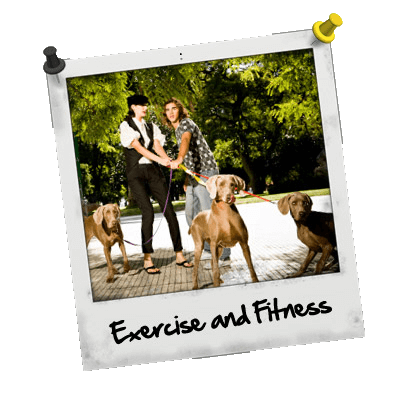- Aerobics: aerobic exercises quicken your heart rate and breathing, and are good for your heart
- Rowing, basketball, lacrosse, hockey, soccer, swimming, running, dancing, tennis, biking
- Strength training: strengthening your muscles allow you to be able to increase your endurance. Also, muscle burns fat better, so the more muscle you have, the more calories you can burn.
- Pull-ups, push-ups, rowing, running, squats, crunches, biking, any type of weight lifting
- Flexibility: A flexible person has a lower chance of getting sprains and strained muscles
- Dance, ballet, martial arts, yoga, Pilates, gymnastics
How do I know what exercise is best for me?
- Pick something that you find interesting – if you hate running, don’t run
- Do you like to work out alone? Or with a group of people?
- Ask a coach or gym teacher how you can get involved with a certain activity or sport
- Talk to a doctor if you are unsure whether a certain exercise plan is right for you
Why is exercise so good for you?
- Exercise produces brain chemicals called endorphins that make people feel happy
- Exercise helps people sleep better (just don’t work out right before you want to sleep!)
- It keeps your body at a healthy weight
- Lowers your risk for certain diseases such as diabetes and high blood pressure
- Keeps your bones strong – so no osteoporosis when you are older!
- Helps you lose weight
How much exercise should I be getting?
Experts recommend that teenagers work out for at least one hour every day. The exercise should be moderate to vigorous.
Is there such thing as exercising too much?
Yes, and it is called compulsive exercise. Because teenagers’ bodies are still developing, they need enough calories to support that process. Exercising too much burns all the calories necessary to develop and function properly. Too much exercise is also a sign of a possible eating disorder. It is also possible to train too much for a certain sport. High school athletes should not train more than five days a week, and should have two or three months of rest per year. It is not recommended that you exercise with an injury – it will only delay the healing process.
What are the symptoms of compulsive exercise?
- Upset because you missed a workout
- Exercising even when you do not feel well
- Exercising instead of hanging out with friends
- Hate sitting still because you are not burning calories
- Feel that you will gain weight from going a day without exercise
